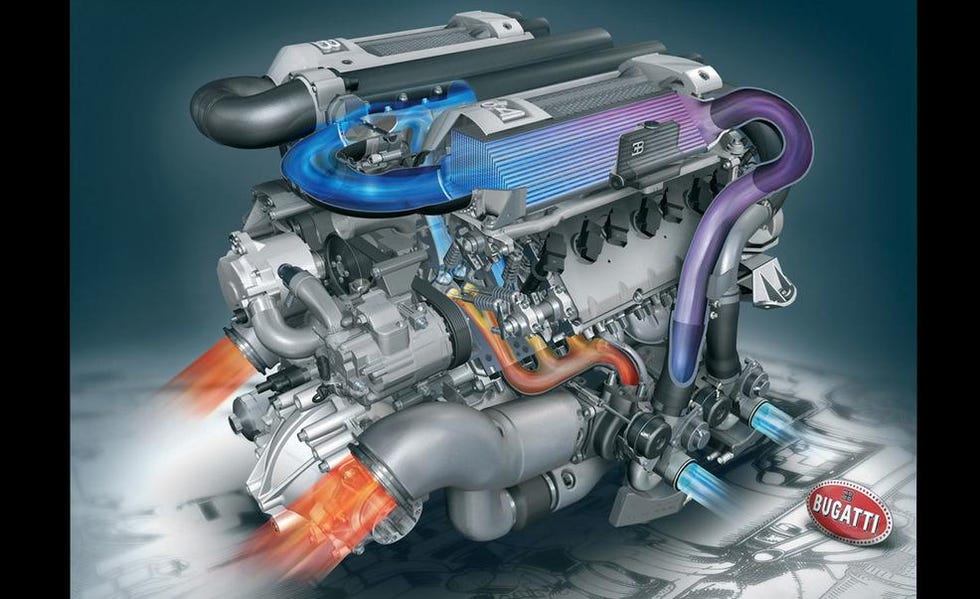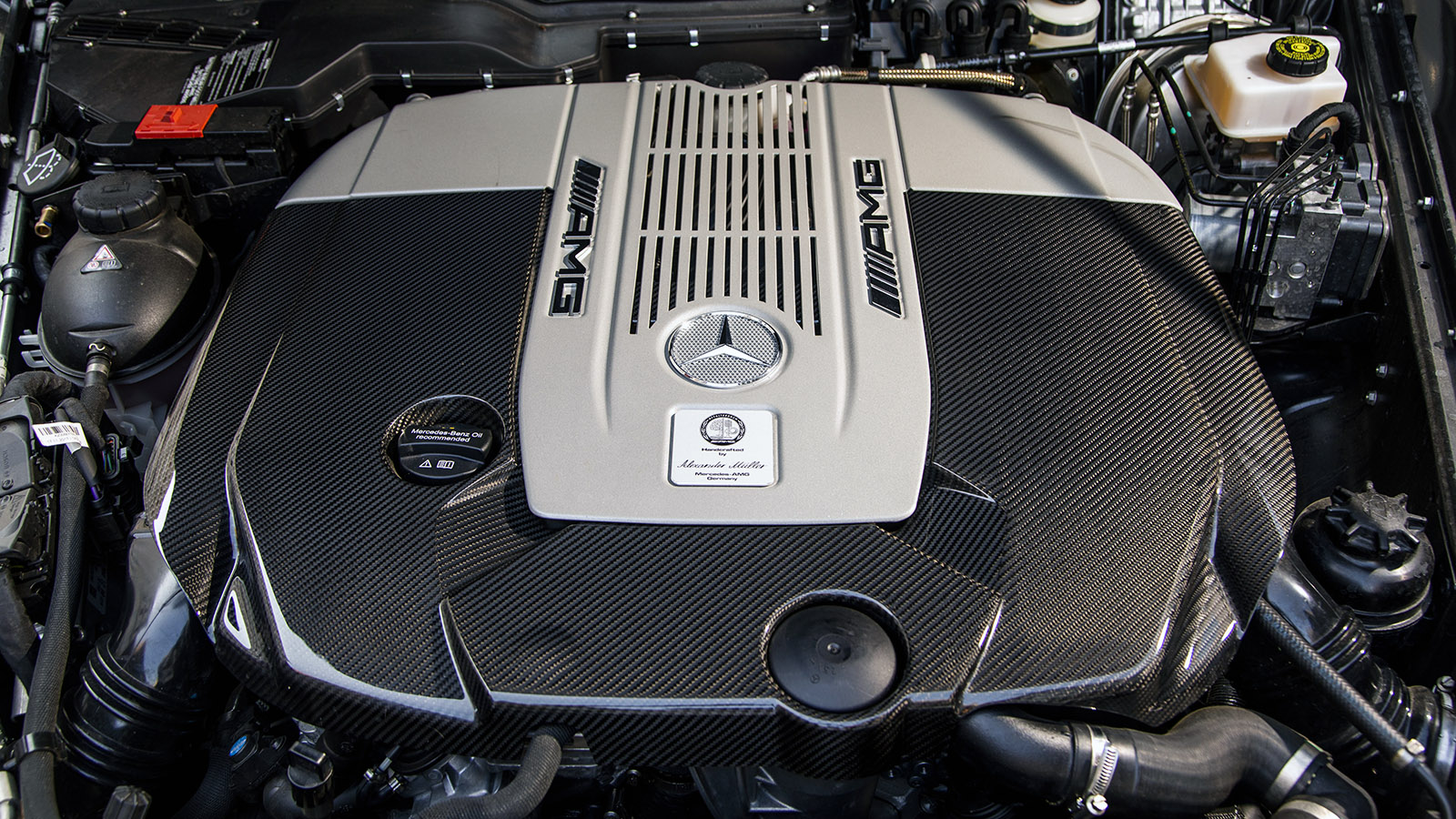Maximize Your Investment with Engines For Africa's Array
Explore a Variety of Engines for each Automobile and Objective
The automobile landscape is increasingly complex, with a diverse range of engine types developed to fulfill details performance and performance needs throughout numerous automobile groups. Additionally, durable engines offer the requirements of job automobiles, while eco-friendly options are getting traction in the quest of lasting transportation.
Types of Automotive Engines
Automotive engines can be classified right into a number of distinctive kinds, each created to fulfill particular efficiency and efficiency needs. The most typical groups include interior burning engines, electric engines, and crossbreed systems.

Electric engines, on the various other hand, operate on electric power stored in batteries, supplying instant torque and zero emissions. These engines are ending up being significantly preferred due to advancements in battery technology and the expanding focus on sustainability.
Hybrid systems integrate both internal burning and electrical engines, enabling vehicles to enhance gas performance and minimize emissions by flawlessly switching over in between source of power. Each engine kind presents its drawbacks and advantages, affecting elements such as vehicle style, planned use, and market demand. Comprehending these distinctions is essential for makers and consumers alike when picking the appropriate engine for their details needs.
Performance Engines for Sports Cars
Performance engines for sports vehicles are particularly engineered to deliver improved agility, power, and rate, setting them in addition to basic automobile engines. These engines usually use innovative innovations such as turbocharging, turbo charging, and variable valve timing to optimize effectiveness and responsiveness.
Typically, efficiency engines are made with greater compression proportions, which permit higher energy extraction from fuel. This causes impressive horse power and torque figures, allowing quick velocity and greater full throttle. The light-weight products used in these engines, such as light weight aluminum and carbon fiber, contribute to decreased overall lorry weight, enhancing handling and ability to move.
Engine setups like V6, V8, and also hybrid systems prevail in performance cars, each offering special advantages in regards to power distribution and driving dynamics. The tuning of these engines is likewise crucial; numerous manufacturers enhance the engine monitoring systems to supply an electrifying driving experience, typically consisting of sporting activity modes that readjust throttle action and equipment shifts.
Reliable Engines for Daily Commuters
In the world of daily travelling, effective engines play a crucial role in enhancing gas economic climate and lessening exhausts while giving trusted efficiency. As city populations expand and ecological issues escalate, the need for lorries geared up with efficient powertrains has risen.
Modern engines made for everyday travelers usually incorporate technologies such as turbocharging, direct fuel injection, and hybrid systems. Turbocharging boosts engine efficiency forcibly even more air into the combustion chamber, enabling smaller sized, lighter engines that do not endanger power result. Straight gas injection enhances fuel atomization, More about the author resulting in better combustion and increased effectiveness.
Hybrid engines, integrating interior combustion with electrical power, additional boost gas economic situation, particularly in stop-and-go traffic, where conventional engines can struggle with inadequacies. Electric electric motors help throughout velocity and can run separately at reduced rates, decreasing overall fuel usage.
Moreover, innovations in engine management systems and light-weight products add dramatically to effective engine design. By concentrating on performance, sturdiness, and ecological sustainability, makers remain to deliver engines that not only satisfy the demands of daily travelling yet additionally align with international efforts to lower carbon footprints.
Heavy-Duty Engines for Job Cars
Sturdy engines for job vehicles are consistently engineered to provide outstanding torque and dependability under demanding conditions. These engines are developed to do in settings where standard engines may falter, such as building and construction sites, logging operations, and farming settings. The primary emphasis of heavy-duty engines is their capability to generate high degrees of power while keeping toughness over extended durations of operation.
Usually, sturdy engines use sophisticated products and durable construction strategies to hold up against the roughness of heavy workloads. Attributes such as strengthened cylinder blocks, improved cooling systems, and progressed fuel injection innovations add to their Get the facts effectiveness. These engines typically run at lower RPMs, which assists to optimize gas effectiveness while supplying the essential power for hauling and transporting.
In addition to mechanical toughness, durable engines are usually geared up with advanced digital control units (ECUs) that handle efficiency, discharges, and diagnostics. This integration permits far better surveillance and upkeep, making sure that work vehicles continue to be operational and efficient.
Ultimately, heavy-duty engines are a necessary element in the performance of various markets, offering the necessary power and dependability to tackle the most difficult of jobs.
Eco-Friendly Engine Options
The expanding emphasis on sustainability has actually led to the advancement of environment-friendly engine choices that prioritize minimized discharges and enhanced fuel efficiency. These engines are created to minimize the ecological impact of vehicles while still delivering the efficiency and dependability anticipated by consumers.
Amongst one of the most significant environmentally friendly alternatives are hybrid and electric engines. Hybrid engines incorporate traditional internal combustion engines with electrical propulsion, permitting reduced gas consumption and lower greenhouse gas discharges. Electric engines, on the various other hand, operate completely on battery power, generating zero tailpipe exhausts find more and contributing to cleaner air top quality.
Another appealing development is the development of biofuel engines, which make use of renewable energies, such as plant materials, to power automobiles (Engines For Africa). By using biofuels, these engines can decrease dependency on nonrenewable fuel sources and reduced total carbon footprints

As the vehicle sector advances, environmentally friendly engine options will play an essential function in driving the shift towards even more sustainable transportation solutions.
Final Thought
The vehicle industry uses a varied variety of engines developed to meet various lorry needs and purposes. From high-performance engines that enhance cars capabilities to reliable versions focusing on gas economic climate for everyday travelers, each type serves a certain function. Sturdy engines provide to durable work cars, while eco-friendly alternatives, such as electric and biofuel engines, advertise lasting transportation. This thorough variety ensures that all driving requirements are addressed, adding to advancements in vehicle innovation and environmental stewardship.
